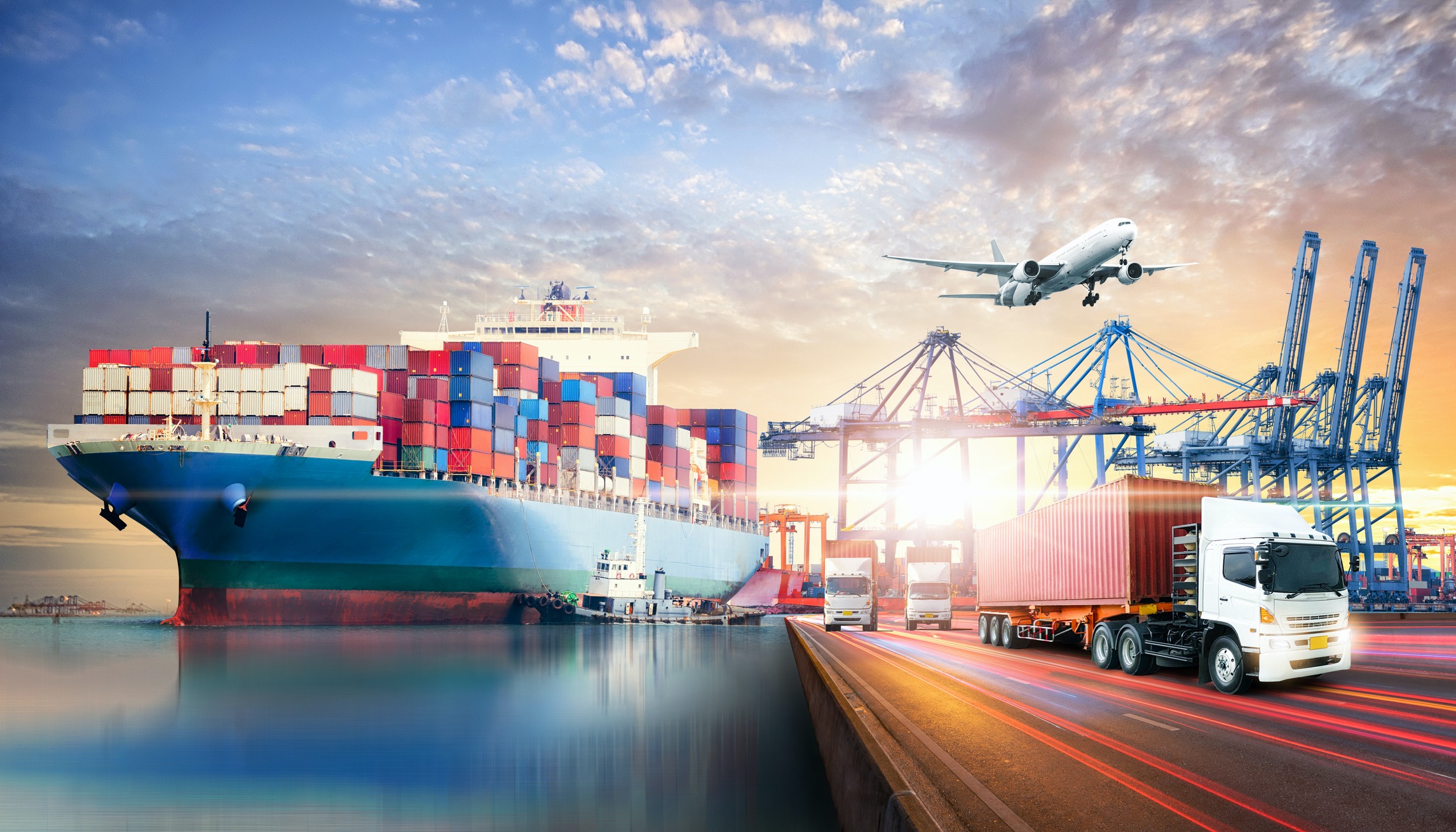
21 Apr Is trade synonymous with peace among nations?
Although the World Trade Organization (WTO) and the European Union (EU) were created with the aim of creating or strengthening trade ties between nations and in turn avoid possible wars, the use of trade as a weapon is currently imposed.
Over time, economic integration was supposed to achieve greater stability at the global level, since trade benefits would be more important than state power. However, a number of acts have occurred that indicate the opposite. Russian President Vladimir Putin’s decision to invade Ukrainian territory has been the clearest example that no matter how imposing you are commercially imposing you are considered by the world; as long as your interests of a vision of the State are stronger, all of the above become obsolete.
Throughout the course of the war between Russia and Ukraine, it has been observed how different developed countries have tried to sanction the Russian nation with a long list of restrictions, mostly based on the economic and commercial sphere. Such action makes it clear that today trade is serving as a punishment and not as a relationship of peace and economic reciprocity.
All these events have adversely affected many countries around the world, even more so those that are developing and that depend to a large extent on countries of a great economic nature. It is precisely these countries that have been able to find benefits by installing maquiladora plants in developing countries, where property rights associated with patents, monopolistic and oligopolistic property were safeguarded by existing trade agreements.
But Russia’s conflict is not a recent issue, as history proves that this nation has always been surrounded by bad decisions. From the fall of the USSR in 1991, which caused a big economic crisis that they could not overcome until the beginning of the twenty-first century, to the facts seen today. The Russian nation has shown that it does not know how to propose the appropriate strategies for the growth of its country, despite having a powerful oligarchy, energy, mineral wealth and production of some foods. All this is reflected in its GDP, which is very close to the Mexican and in turn is doubled by the state of California in the United States.
However, for about two decades, the rest of Europe’s countries became dependent on Russian gas, oil, wheat and minerals, under their false belief in free trade and supposed peace, which will most likely cause them a recession. This affirms the assumption that trade is not a means of generating equity, either within or between countries.
For a country like Mexico, which is closely related to the United States in the economic field, the ideal is to design an adequate strategy that allows for some economic independence to promote the development of the nation. Likewise, the benefit of having large flows of foreign investment in some sectors, such as automotive, electronics, computer equipment manufacturing, among others, must be considered, elements that can be key to continue on the path of economic and commercial growth.
Conclusion
It is clear that trade is a substantial element in the economic integration of countries at the global level. However, it should be borne in mind that this does not mean that it will be synonymous with peace or that there will be no problems in the short or long term, which may eventually lead to an economic dependence on another nation.
References
El País. (2019). La teoría de que el comercio mantiene la paz se resquebraja. Extracted from https://cincodias.elpais.com/cincodias/2019/07/19/mercados/1563541664_988455.html [Consulted: April 20, 2022]
El Sol de México. (2022). Economía 4.0 | El fin de la ilusión del libre comercio y la paz. Extracted from https://www.elsoldemexico.com.mx/analisis/economia-4.0-el-fin-de-la-ilusion-del-libre-comercio-y-la-paz-8154836.html [Consulted: April 20, 2022]
The New York Times. (2022). ¿El comercio ayuda a fomentar la paz? No siempre. Extracted from https://www.nytimes.com/es/2022/04/12/espanol/opinion/guerra-rusia-economia-mundial.html [Consulted: April 20, 2022]
